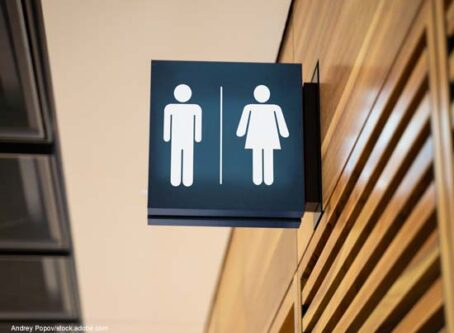AB5 webinar hints at how law will apply to trucking
Explaining exactly how California’s Assembly Bill 5 will apply to the trucking industry has been a difficult task. However, California’s Employment Development Department took another crack at it this week.
On Sept. 13, California officials conducted their second webinar about the controversial worker classification law.
AB5 uses the ABC Test to determine if a worker is an independent contractor or an employee.
- A. That the worker is free from the control and the direction of the hirer in the connection with the performance of the work, both under the contract for the performance of the work and in fact.
- B. That the worker performs work that is outside the usual course of the hiring entity’s business.
- C. That the worker is customarily engaged in an independently established trade, occupation, or business of the same nature as that involved in the work performed.
Opponents of the law argue that it is too restrictive and that the B prong will lead to the end of trucking’s owner-operator model. Previously, the less restrictive Borello Test was used to determine whether a worker was an independent contractor or an employee.
Both tests?
As part of Tuesday’s webinar, California officials said both tests will be used in any trucking cases brought before the labor commissioner.
“They said they were doing this because they recognized that there were ongoing legal challenges to the law,” Bryce Mongeon, OOIDA’s director of legislative affairs, told Land Line Now’s Scott Thompson on Wednesday.
“Basically what the state has said that, while this is all working itself out, we’re going to apply both the new test and the old test.”
Especially in cases of port drivers, the state officials said both tests will often reach the same determination.
“But they did recognize that there may be cases where the tests diverge,” Mongeon said. “And they said they are going to have to figure out what to do if that happens. So, they don’t have all of the answers yet, but it was useful to hear what they were thinking and where they may be heading.”
A timeline for enforcement wasn’t provided, but Mongeon said he interpreted the information from the webinar to mean it would begin while litigation was ongoing.
Multistate employment?
The webinar also provided information regarding multistate employment. Officials suggested that AB5 could apply to any driver setting foot in or coming through California.
For instance, California officials said that AB5 applies if the statutory claim, such as minimum wage, is decided under California law. In addition, a driver’s and motor carrier’s home state is not considered when determining applicability.
“We don’t know how it’s going to shake out, but I think it does indicate that there may be a way that this would apply to at least some drivers performing work in California,” Mongeon said. “We won’t know for sure until it’s worked out through the courts.”
Court case
The California Trucking Association filed a lawsuit over AB5 shortly after it was signed into law in 2019. Last month, the district court ended a preliminary injunction that prevented the law from being enforced in the trucking industry.
Although the injunction is officially dead, it doesn’t mean the legal battles are over.
The California Trucking Association has until Oct. 11 to file a renewed motion for a preliminary injunction. Dec. 2 is the deadline for final briefs regarding another injunction. After that, the court will decide whether to schedule any hearings. LL









